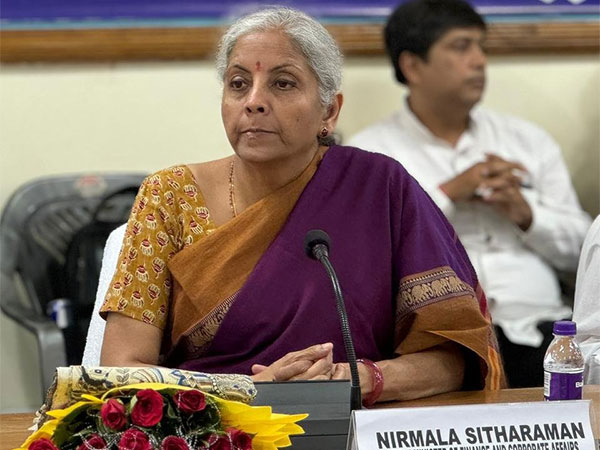Finance Minister Nirmala Sitharaman is set to hold pre-budget consultations with industry associations in New Delhi on June 20 evening. Representatives from key industry bodies such as FICCI, CII, Assocham, and PHD Chamber of Commerce and Industry will present their budget suggestions and recommendations. This meeting is part of the government’s annual pre-budget consultations to gather feedback from stakeholders and shape the upcoming Union Budget, expected to be tabled in Parliament in the third week of July.
Ahead of the meeting with the Finance Minister, industry associations will meet Revenue Secretary Sanjay Malhotra on June 18 to discuss a range of topics including tax reforms, incentives for different industries, measures to boost economic growth, and policies to support SMEs. This will be the first budget of the Modi government’s third term, following an interim budget presented by Sitharaman in February before the Lok Sabha polls. With six budgets already presented, Sitharaman will set a new record when she presents the full-fledged budget for the new term of the BJP-led National Democratic Alliance government.
The pre-budget consultations are crucial for the government to consider the views and suggestions of industry representatives and other stakeholders before finalizing the budget. The insights gathered from these meetings will help in crafting policies and allocations that support various sectors of the economy and promote growth. With the Indian economy facing challenges such as slow growth, a stressed banking sector, and global economic uncertainties, the budget will need to address these issues and provide a roadmap for sustainable development. The Finance Minister’s engagement with industry associations underscores the government’s commitment to inclusive growth and collaboration with the private sector.
Industry bodies like FICCI, CII, Assocham, and PHD Chamber of Commerce and Industry play a vital role in representing the interests of businesses across different sectors. Their budget suggestions are likely to focus on areas such as tax reforms to enhance competitiveness, incentives to encourage investment and innovation, measures to address the liquidity crunch faced by industries, and policies to boost exports and create job opportunities. These recommendations will be critical in shaping the budget priorities and allocations in line with the government’s vision for economic development and social welfare.
The Modi government’s agenda for the new term includes a focus on improving infrastructure, promoting digital economy initiatives, boosting manufacturing, and enhancing the ease of doing business. The budget is expected to reflect these priorities and allocate resources accordingly to achieve the desired outcomes. By engaging with industry associations and seeking their inputs, the government aims to ensure that the budget aligns with the needs and aspirations of businesses and paves the way for sustainable growth. The pre-budget consultations serve as a platform for dialogue and collaboration between the government and the private sector, fostering a conducive environment for economic progress and prosperity.
As the Finance Minister prepares to present the budget for the upcoming fiscal year, the consultations with industry associations are a crucial step in the budget-making process. The recommendations and suggestions put forth by industry representatives will guide the government in formulating policies and programs that support economic recovery and resilience. By incorporating diverse perspectives and expertise from industry stakeholders, the budget can address the pressing challenges facing different sectors, spur investment and growth, and lay the foundation for a more robust and inclusive economy. The collaborative approach in shaping the budget reflects the government’s commitment to working in partnership with the private sector to drive sustainable and equitable development.










